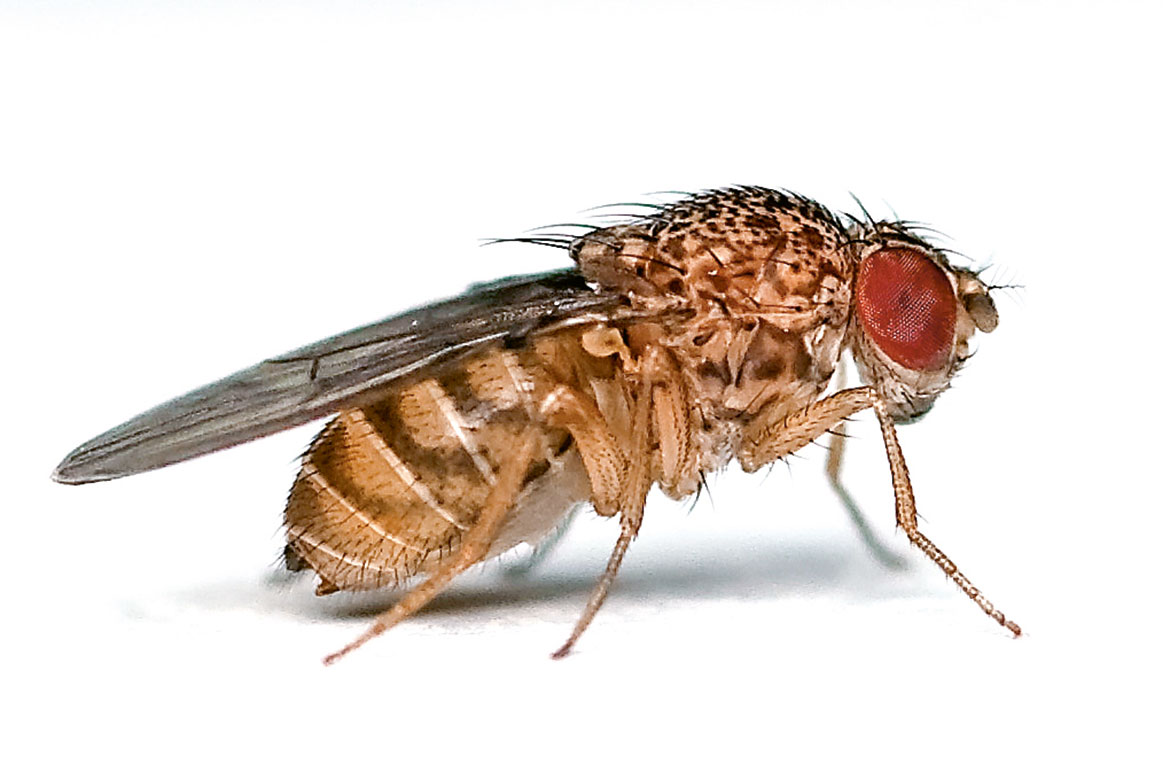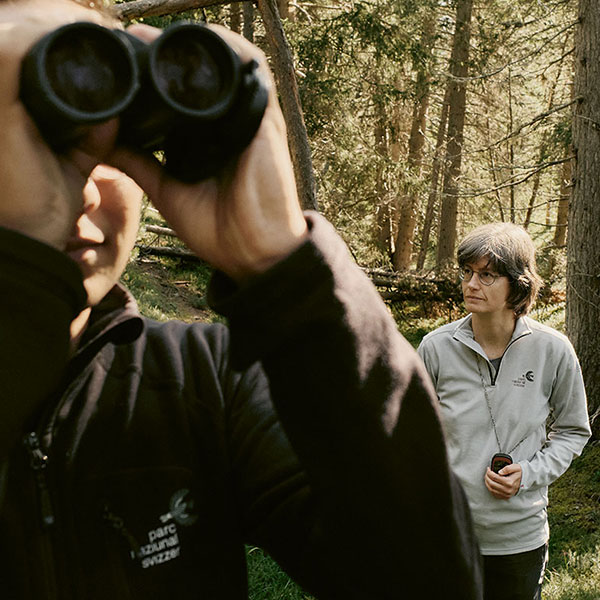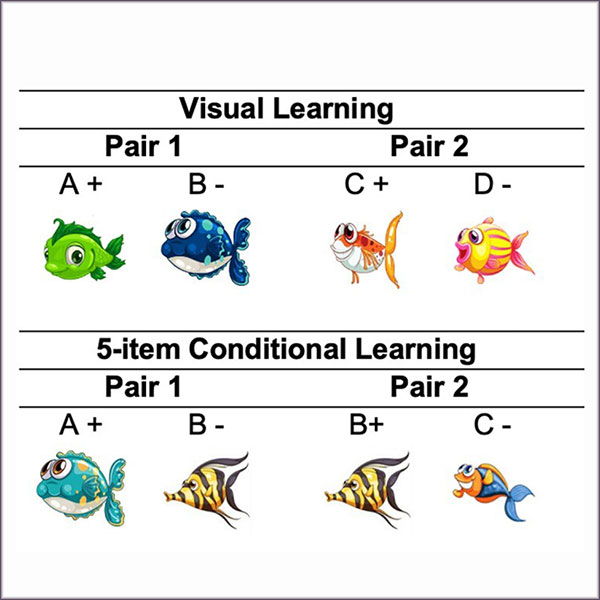Research teams
The bigger your team, the worse your career chances
Young researchers often work in big teams. But this doesn’t help the visibility of their achievements. Nor does it boost their chances for a career in academia.

It can be difficult for the leaders of big research teams to figure out who among their staff is capable of working independently. | Photo: Christian Beutler / Keystone
Teamwork is the be-all and end-all in modern research. It ticks the boxes of diversity and interdisciplinarity. So it’s hardly surprising that some researchers are insisting that prizes and awards should be granted to teams, not to individuals. And for decades now, research groups have been growing bigger and bigger. A good indicator of this trend is the number of authors listed for a publication. According to an article in Nature, this number rose from 2.12 in 1970 to 4.06 in 2004. It’s probably even higher today.
Donna Ginther is an economist at the University of Kansas (USA) who has co-authored a study on how the size of teams can affect the career of a young researcher. She and her colleagues have analysed data from a 40-year-long survey tracking the careers of PhD graduates that was conducted by the US National Science Foundation. Their results show that for each additional author on a young researcher’s paper, the probability of their getting a tenure-track position decreases by 25 percent, and the probability of their receiving federal research funding decreases by 11 percent.
On Statnews.com, Ginther says: “I think it’s not knowing who does what. On small teams, the division of labor is pretty well defined. But as that team size gets large, and without looking carefully at contribution statements, it’s hard to tell who does what. So then you need more information to discern whether or not these people have the skills to be independent researchers”.
This in turn leads to a situation where it’s generally experienced researchers who unlock funding and posts. Ginther accordingly advises those at the start of their career to think carefully about the teams in which they want to do their research: “With the big, famous scientist with lots and lots of people in the lab, you may not get their attention. You might get more opportunities in a smaller lab”.




